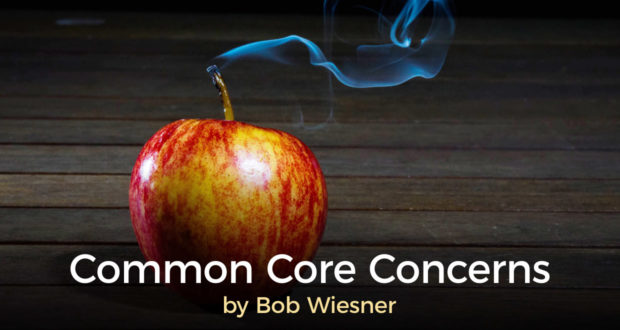Many parents have recently expressed concerns about how the Common Core standards might affect the college entrance tests. There is some legitimate cause for concern, but Seton families should not be unduly alarmed that their students are in danger of “failing” these tests.
A great deal of the tests will still be objective in nature; the Seton curriculum prepares students very well for these portions of the test. That really should not be altered much in the future. The biggest worry concerns the reading selections for the more analytical parts of the tests.
Truth to tell, it is inevitable that the selections chosen will tend to be more “politically correct” than in the past. The questions, too, may tend to more or less force the student into certain ideologically based answers. There is no easy solution to the problem, but as with all problems, it is best to regard the situation as a “learning opportunity.”
Any well-educated Seton student should be able to read a document and discern any bias that colors the argument expressed. The slant may be positive or negative; a Seton student should be able to recognize an ally in C.S. Lewis, for instance, while recognizing that Margaret Sanger holds views absolutely contrary to Catholic teaching.
A little exposure to erroneous thought can act as a sort of vaccination against error. Exercising the mind in discerning the moral stance of any author can be a valuable intellectual training tool, and this is an exercise that Seton regularly uses in its own literature curriculum.
In that sense, then, exposure to reading selections on the standardized tests could be a good thing. If students takes a test knowing that some material may contradict their deepest and most sacred beliefs, they will be better armed to defend their souls from any poisoned text.

 Seton Magazine Catholic Homeschool Articles, Advice & Resources
Seton Magazine Catholic Homeschool Articles, Advice & Resources
